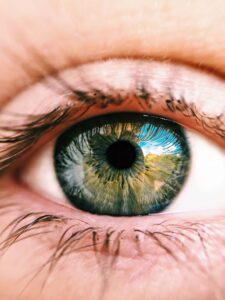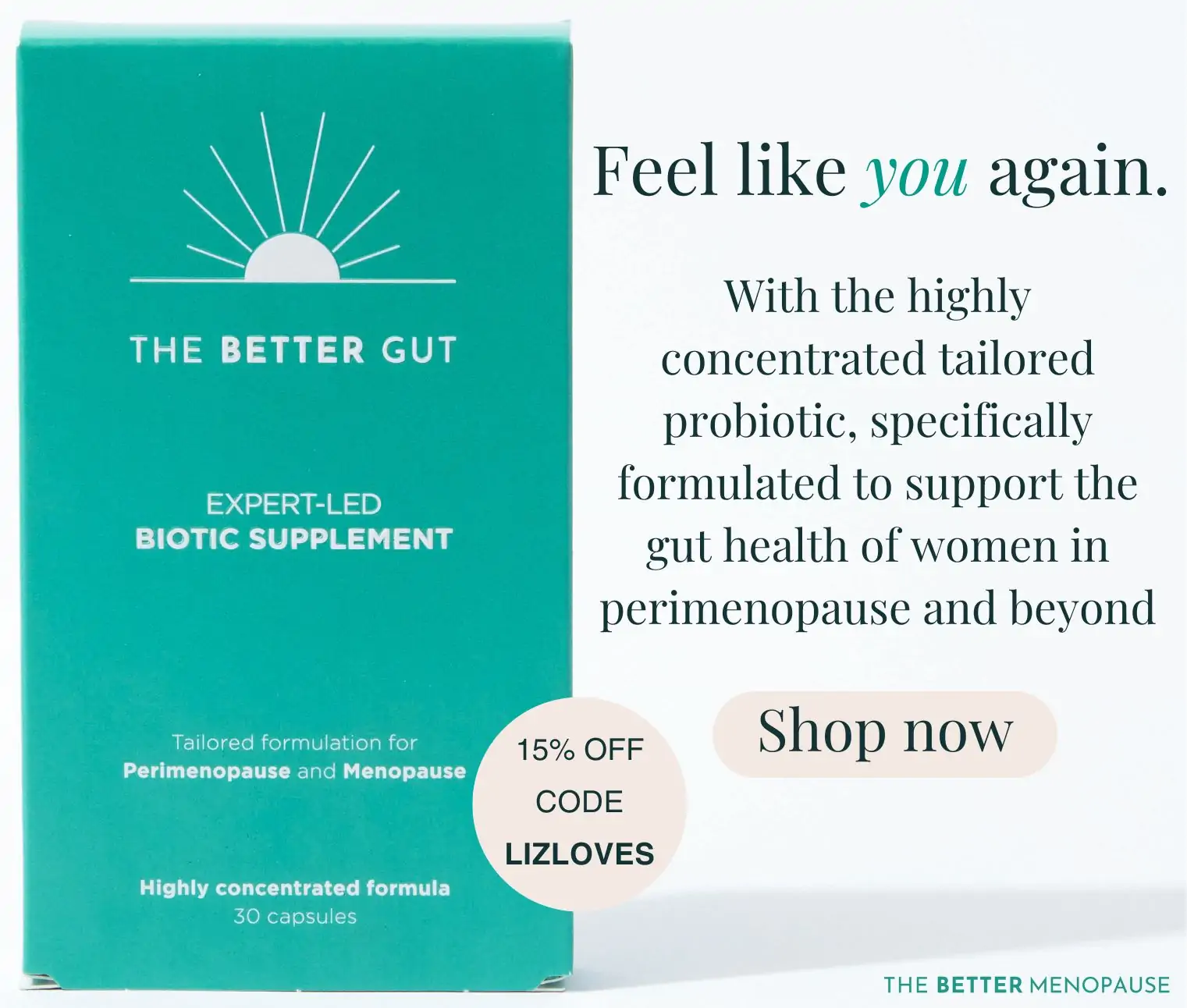The Menopause
How menopause can impact eye health
Wondering how the menopause impacts eye health? While we may accept some vision loss as a natural part of ageing, fluctuating hormone levels can also affect eyes during this period. However, it’s sometimes difficult to differentiate between symptoms caused by ageing or menopause.
Here, we explore some of the most common effects perimenopause and menopause can have on our eye health. Plus, we explain how to manage your symptoms well.
How menopause can impact eye health
Dry eyes
 Dry eyes are a common struggle during the menopause. This condition can be extremely uncomfortable, and may make them feel sore, gritty, itchy and blurry.
Dry eyes are a common struggle during the menopause. This condition can be extremely uncomfortable, and may make them feel sore, gritty, itchy and blurry.
While it may sound contradictory, overly watery eyes can also be a sign of dry eyes. According to research, dry eyes are believed to affect up to 60% of women going through menopause. It’s thought to be caused by changes to the levels of androgen and oestrogen in the body.
Eye shape
During the menopause, experts say that our eye shape may change. This may make our usual contact lenses uncomfortable to wear.
If you’re experiencing this, speak to your optician who will be able to test your eyes and offer you different contact lenses. You may find wearing glasses more comfortable instead.
Does menopause increase the risk of glaucoma?
Glaucoma is a common eye condition where the optic nerve, which connects the eye to the brain, becomes damaged.
Experts say it’s usually caused by fluid building up at the front part of the eye, which increases pressure inside. It can lead to loss of vision if it’s not diagnosed and treated.
The research surrounding glaucoma and menopause is limited. However, one study found that found that women who went through menopause before reaching the age of 45 years had a higher risk of open-angle glaucoma. More research needs to be carried out before any conclusions can be made.
How to support eye health during the menopause
Making and attending regular eye checks can ensure that you keep on top of your symptoms and to track any further changes. Your optician or doctor will be able to suggest personal treatment options.
Drops and sprays can instantly help to keep eyes moisturised and more comfortable, especially if you’re struggling with dry eyes. The Wellbeing team are fans of MTHK’s eye drops and sprays – use the LIZLOVES affiliate discount code for 10% off.
 You can also take vitamins designed especially to protect eye health, such as MTHK’s eye vitamins. These contain lutein and zeaxanthin, which are antioxidants found naturally in your retina. The multivitamins also contain vitamin C to reduce the risk of cataracts, plus zinc, B2, B6, B12 and E to help maintain healthy vision.
You can also take vitamins designed especially to protect eye health, such as MTHK’s eye vitamins. These contain lutein and zeaxanthin, which are antioxidants found naturally in your retina. The multivitamins also contain vitamin C to reduce the risk of cataracts, plus zinc, B2, B6, B12 and E to help maintain healthy vision.
Eating a balanced diet rich in omega-3 and 6 is also important for eye health. Omega-3s are typically found in fish, such as salmon, tuna and mackerel. They’re also rich in omega-6s, as are sunflower seeds and walnuts. Vegetarian sources of omega-3 include chia and flax seeds.
Keeping our peepers well-rested is important for eye health. Be sure to take regular breaks from screens and get enough sleep at night.
Evidence around HRT and eye health is somewhat conflicting at present. Some studies have suggested that HRT may improve dry eye symptoms, while others have suggested it may make it worse.





